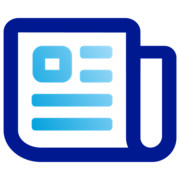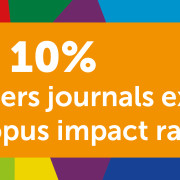- Science News
- Frontiers news
- Frontiers community engagement update – fall 2023
Frontiers community engagement update – fall 2023
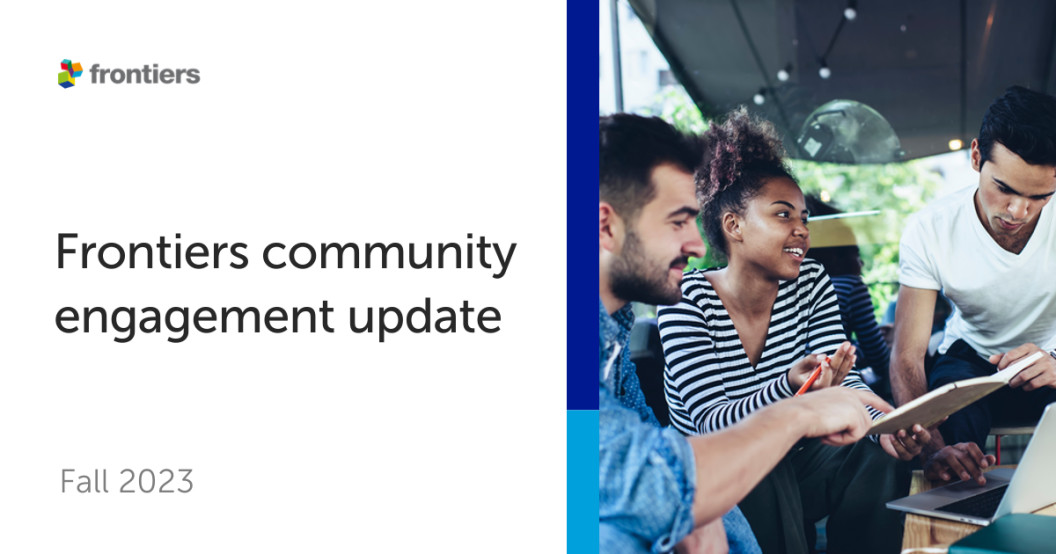
We take a moment to reflect on the information, resources, and actions taken over the past several months towards promoting longer, more prosperous lives on a healthier planet.

Women in Science
Our Women in Science blog continues to showcase the diverse stories and achievements of women researchers from various fields. The team behind the blog has had engaging discussions with each of the women, discovering how their work contributes to the United Nations Sustainable Development Goals (UN SDGs). Each blog post also reveals the personal journeys of the women, including their key learnings, major challenges, and useful tips for future generations. Over the past several months, readers have learned about artificial intelligence and large-scale resource management (SDG 11), women in academia and equality (SDG 10), and innovation and process optimization (SDG 9).
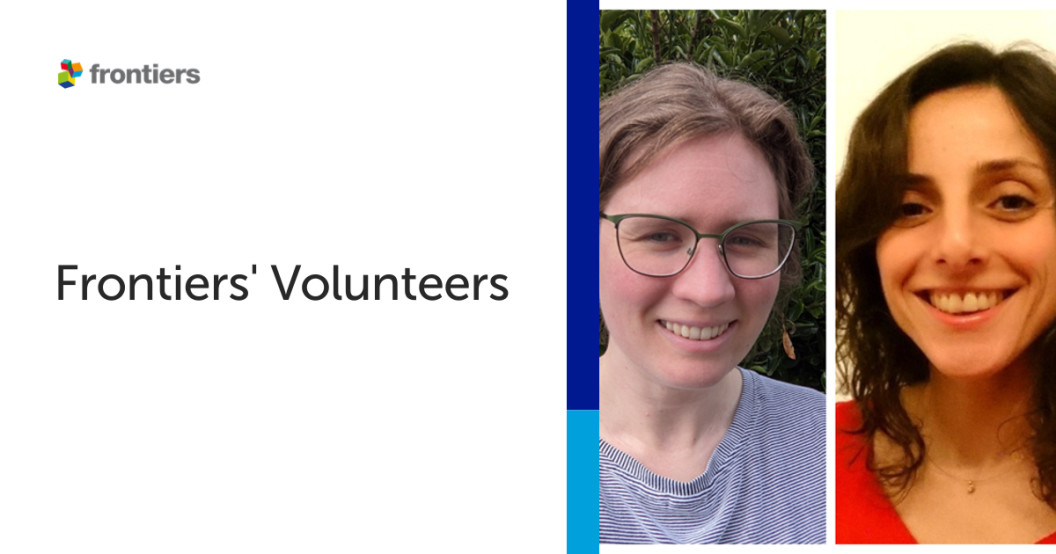
Frontiers’ Volunteers
The volunteering platform Alaya has continued to connect Frontons with meaningful opportunities – near and far. Most recently, our colleagues have shared their experiences tutoring students and mentoring student-athletes in different countries, highlighting the wide range of organizations available for Frontons to get involved with. Copyediting specialist Emily Darley spends her volunteer time tutoring year 7 students in the UK in math and English through Action Tutoring. Meanwhile, project manager Elisabeth Hordé, who is located in the UK, has been mentoring student-athletes as part of the US-based athLEDA Foundation. Both Frontons offer similar advice when it comes to seeking volunteer opportunities that resonate with the individual, but each walked away from their unique experiences with new learnings, which they share in their respective interviews.
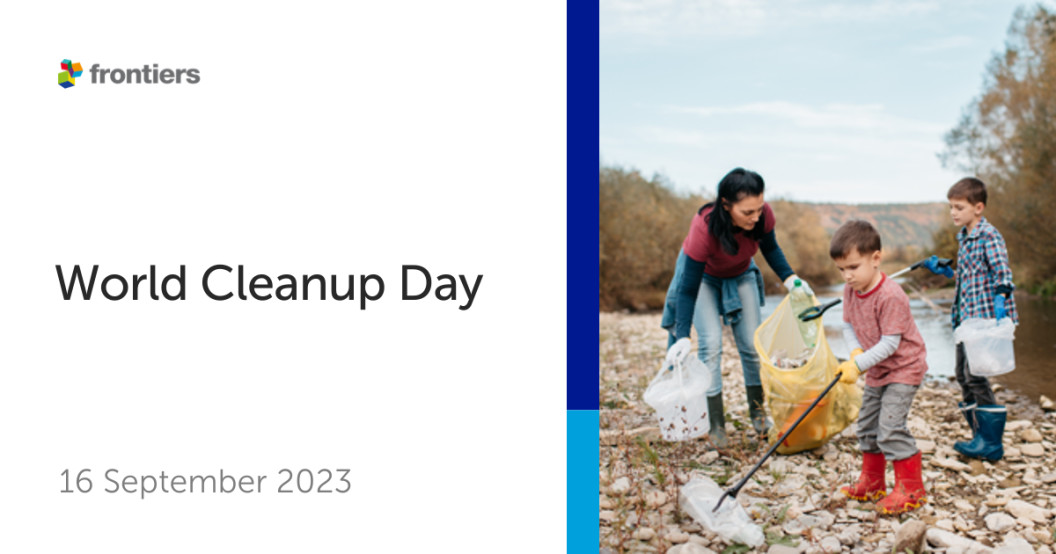
Frontiers Sustainability Network
As in previous months, the Sustainability Network at Frontiers has organized another challenge designed to encourage Frontons to incorporate environmentally friendly actions into their daily lives. The latest challenge runs through September and asks Frontons to dedicate at least one hour to cleaning up their local community to mark World Cleanup Day, which takes place on 16 September 2023.
The purpose of World Cleanup Day is to unite millions of volunteers, governments, and organizations in 197 countries and territories to tackle the global mismanaged waste crisis and help create a new, more sustainable work. Over 71 million volunteers have collected 325 tons of waste since the first official event in 2018, with numbers growing each year.
Today’s World Cleanup Day event traces its roots back to 2008 when 50,000 Estonians came together to clean up 10,000 tons of waste in just five hours. Inspired by this story, the question was raised as to what impact the over 2,400 Frontons across 17 countries could have and the Sustainability Network’s latest challenge was born. During the challenge, Frontiers will cover one hour for each participating Fronton, who will then have the option to take part independently, with their colleagues, or join a local group as part of a cleanup event.
We appreciate their contributions and look forward to the results of their hard work!

Frontiers is a signatory of the United Nations Publishers COMPACT. This interview has been published in support of the United Nations Sustainable Development Goals.
About Frontiers
Frontiers is the 3rd most-cited and 6th largest research publisher. We publish groundbreaking discoveries by the world’s top experts. Scientists empower society and our mission is to accelerate scientific discovery by making science open. We place the researcher at the center of everything we do and enable the research community to develop the solutions we need to live healthy lives on a healthy planet. Featuring custom-built technology, artificial intelligence, and rigorous quality standards, our research articles have been viewed more than 2.1 billion times, reflecting the power of research that is open for all.
